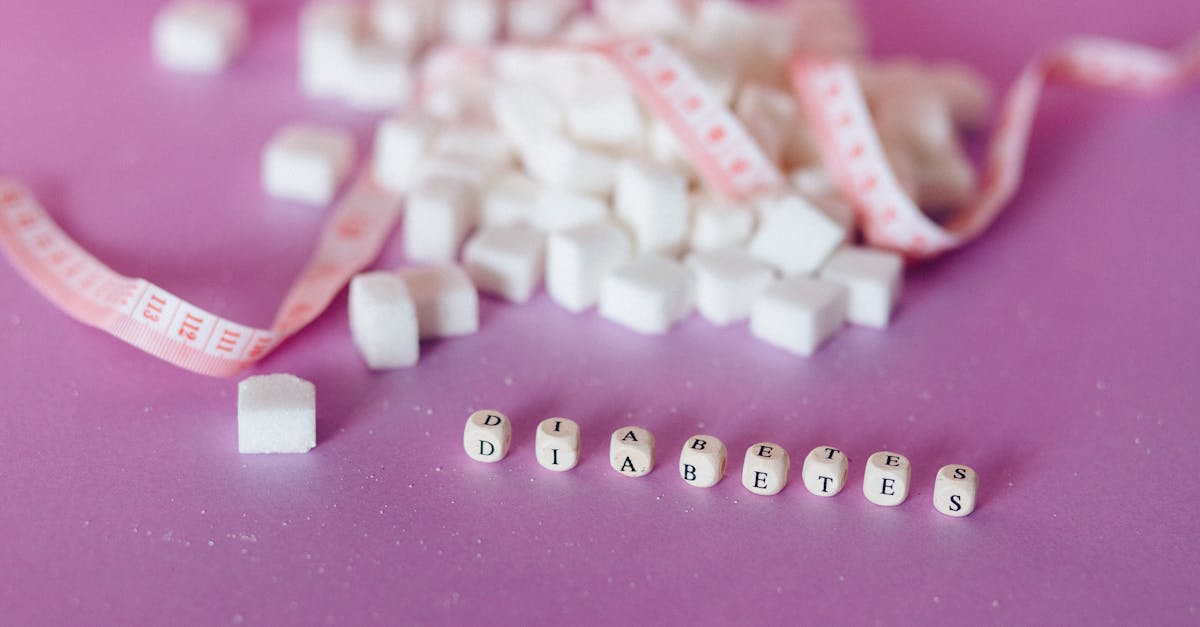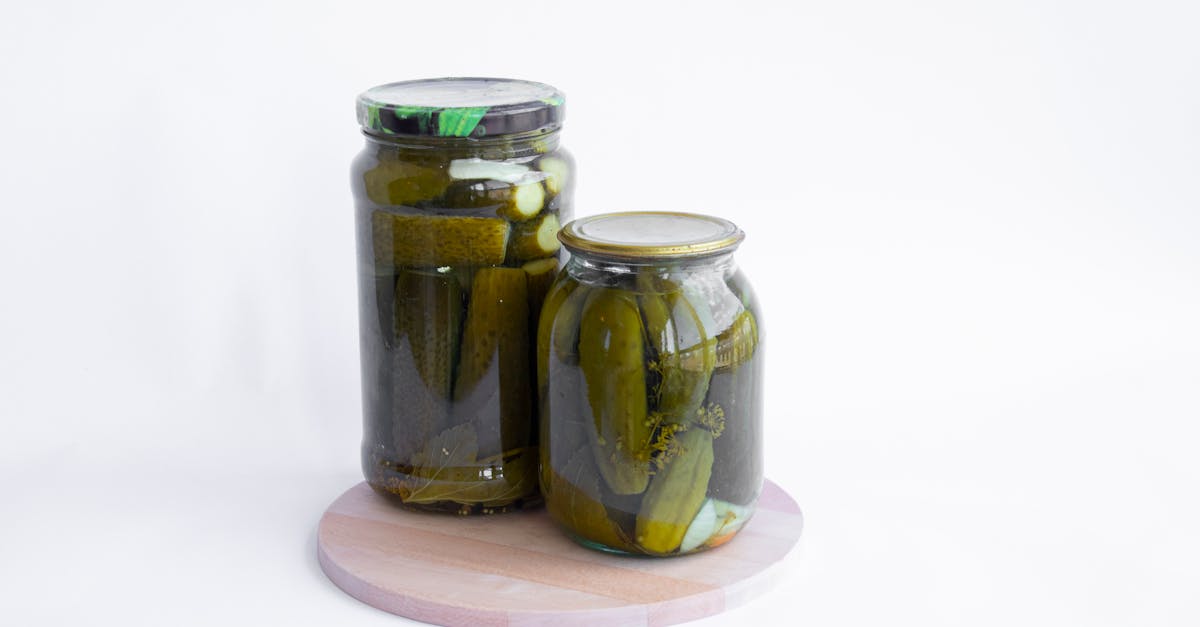Water retention, also known as edema, can be an uncomfortable condition that leads to bloating and puffiness. Many factors contribute to water retention, including dietary choices. Understanding which foods can exacerbate this issue is crucial for anyone looking to manage their symptoms effectively. Below, you will find a comprehensive list of foods known to cause water retention, along with detailed explanations of each item.
| Food Item | Reason for Water Retention |
|---|---|
| Salty Foods | High sodium content |
| Processed Foods | Preservatives and sodium |
| White Bread | High glycemic index |
| Alcohol | Dehydration and sodium retention |
| Carbonated Drinks | High sodium and sugar |
| Sugar | Insulin spikes and sodium retention |
| Cheese | High sodium content |
| Pickles | Preserved in salt |
| Instant Noodles | High sodium content |
| Canned Vegetables | Added sodium for preservation |
Salty Foods
Salty foods are notorious for causing water retention due to their high sodium content. Sodium attracts and holds onto water in the body, leading to swelling and discomfort. Reducing salt intake can significantly help in alleviating this issue.

Processed Foods
Processed foods often contain high levels of preservatives and sodium, both of which can lead to water retention. These foods are typically low in nutrients and high in unhealthy fats, making them a poor choice for those looking to manage their weight and health.

White Bread
White bread has a high glycemic index, causing rapid spikes in blood sugar levels. This can lead to increased insulin production, which in turn promotes sodium retention and water retention in the body.

Alcohol
While alcohol can initially act as a diuretic, it often leads to dehydration. In response, the body retains more water, particularly sodium, which can cause bloating and puffiness. Moderation is key when it comes to alcohol consumption.

Carbonated Drinks
Many carbonated drinks are loaded with sodium and sugar, both of which can contribute to water retention. The carbonation itself can also lead to bloating, making these drinks a double whammy for those prone to edema.

Sugar
High sugar intake can lead to insulin spikes, which promote sodium retention in the kidneys. This process can cause the body to hold onto excess water, exacerbating the issue of water retention.

Cheese
Cheese is often high in sodium, making it a common contributor to water retention. While it can be a source of protein and calcium, it is important to consume cheese in moderation, especially for those sensitive to sodium.

Pickles
Pickles are preserved in brine, which is high in salt. This means that consuming pickles can lead to significant water retention due to their sodium content. Opting for low-sodium versions or consuming them sparingly can help mitigate this effect.

Instant Noodles
Instant noodles are convenient but often come with a hefty dose of sodium. The flavor packets included with instant noodles are typically high in salt, which can lead to water retention if consumed regularly.

Canned Vegetables
Canned vegetables are often preserved with added sodium for flavor and longevity. While they can be a convenient option, rinsing them before consumption can help reduce their sodium content and lessen the risk of water retention.

FAQs
What are the symptoms of water retention?
Symptoms of water retention include swelling in the legs, ankles, and feet, puffiness in the face, and bloating in the abdominal area. You may also notice that your clothes feel tighter or that you are gaining weight without changes in your diet.
How can I reduce water retention?
To reduce water retention, consider cutting back on salty and processed foods, drinking plenty of water to stay hydrated, and incorporating diuretic foods like cucumbers, watermelon, and lemon into your diet. Regular exercise can also help improve circulation and reduce swelling.
Are there medical conditions that cause water retention?
Yes, several medical conditions can lead to water retention, including heart failure, kidney disease, liver disease, and certain hormonal imbalances. If you experience persistent or severe water retention, it is essential to consult a healthcare professional for proper diagnosis and treatment.
References:
– [National Heart, Lung, and Blood Institute](https://www.nhlbi.nih.gov)
– [Mayo Clinic](https://www.mayoclinic.org)
– [Cleveland Clinic](https://my.clevelandclinic.org)
– [WebMD](https://www.webmd.com)



